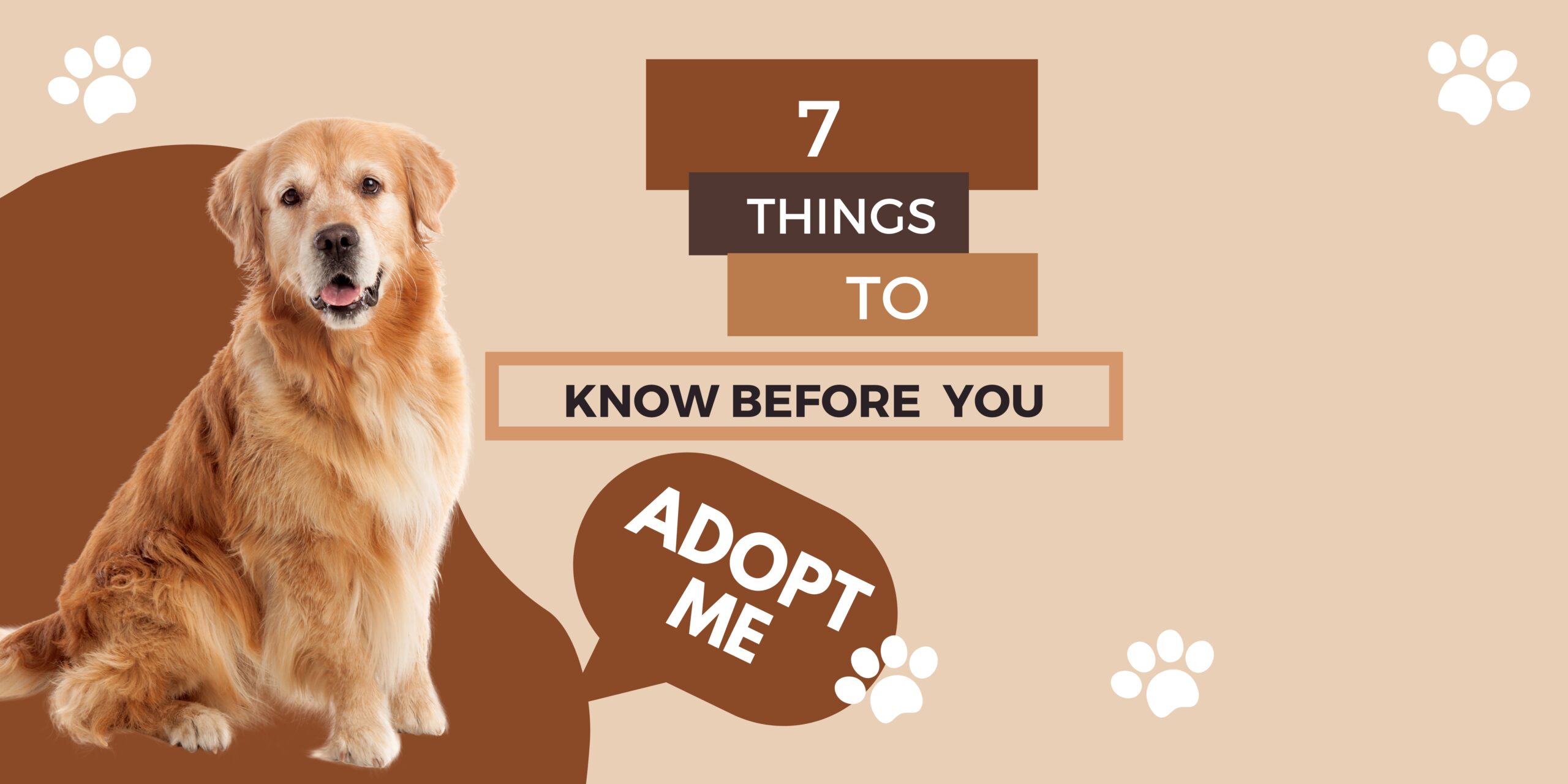7 Things to Know About Dogs Before You Get One

Breed-Specific Health Considerations: Tailoring Care to Unique Needs
Each dog breed comes with its own set of predispositions to certain health issues. Awareness of these breed-specific susceptibilities is vital in taking proactive measures to prevent or manage potential health challenges. Whether it’s hip dysplasia in larger breeds, respiratory issues in flat-faced breeds, or genetic conditions in specific lineages, a nuanced understanding enables early detection and the implementation of targeted interventions. This personalized approach to healthcare, considering the nuances of your dog’s breed, contributes significantly to their well-being and longevity.
By prioritizing healthcare as an integral aspect of responsible dog ownership, you’re not just ensuring a longer, healthier life for your furry friend. You’re also playing a crucial role in the prevention of the spread of infectious diseases within the canine community. The investment in preventive care pays off in the form of a happy, thriving canine companion—ready and eager to share in the joys of an active, vibrant life with you.
Types of Dog Breeds
There are hundreds of dog breeds, each with its own unique characteristics, temperament, and appearance. Dogs have been selectively bred for various purposes, such as herding, hunting, guarding, and companionship. Here is a brief overview of some popular dog breeds, categorized based on their general characteristics:
Small Breeds:
- Chihuahua: Tiny and alert, known for their loyalty to their owners.
- Pomeranian: playful and fluffy, with a distinctive double coat.
- French Bulldog: Adorable and affectionate, with distinctive bat-like ears.
- Dachshund: Long-bodied and short-legged, originally bred for hunting.
Medium Breeds:
- Beagle: Friendly, curious, and excellent scent hounds.
- Cocker Spaniel: Gentle, affectionate, and known for their silky coats.
- Bulldog: Muscular and laid-back, characterized by loose, saggy skin.
- Australian Shepherd: Energetic and intelligent, often used for herding.
Large Breeds:
- Labrador Retriever: Friendly, outgoing, and known for their intelligence.
- German Shepherd: Versatile, loyal, and commonly used as police or service dogs.
- Golden Retriever: Intelligent, friendly, and popular as family pets.
- Great Dane: Among the largest breeds, known for their imposing stature.
Working Breeds:
- Siberian Husky: Energetic, strong-willed, and recognized for their distinctive markings.
- Boxer: Muscular, playful, and often used as guard dogs.
- Doberman Pinscher: Intelligent, loyal, and known for their sleek appearance.
- Bernese Mountain Dog: Gentle giants, characterized by a thick, tri-coloured coat.
Toy Breeds:
- Yorkshire Terrier: Small and elegant, known for their long, silky hair.
- Maltese: Affectionate, with a distinctive long, white coat.
- Shih Tzu: Friendly and outgoing, characterized by a flowing coat.
- Papillon: Small, alert, and recognized for their butterfly-like ears.
Hound Breeds:
- Greyhound: Sleek and fast, often used in racing.
- Bloodhounds: Known for their exceptional sense of smell.
- Basset Hound: Short-legged and long-eared, with a keen sense of smell.
- Whippet: Similar to Greyhounds but smaller, prized for their speed.
Terrier Breeds:
- Jack Russell Terrier: Energetic and intelligent, with a bold personality.
- Scottish Terrier: Compact and sturdy, known for their distinctive “Scottie” appearance.
- Bull Terrier: Muscular and playful, recognized for their egg-shaped head.
- West Highland White Terrier: Small and sturdy, with a distinctive white coat.
Remember, individual dogs within a breed can have varying temperaments and energy levels. When choosing a dog, it’s important to consider your lifestyle, living situation, and the specific needs of the breed to ensure a harmonious match between you and your canine companion.



